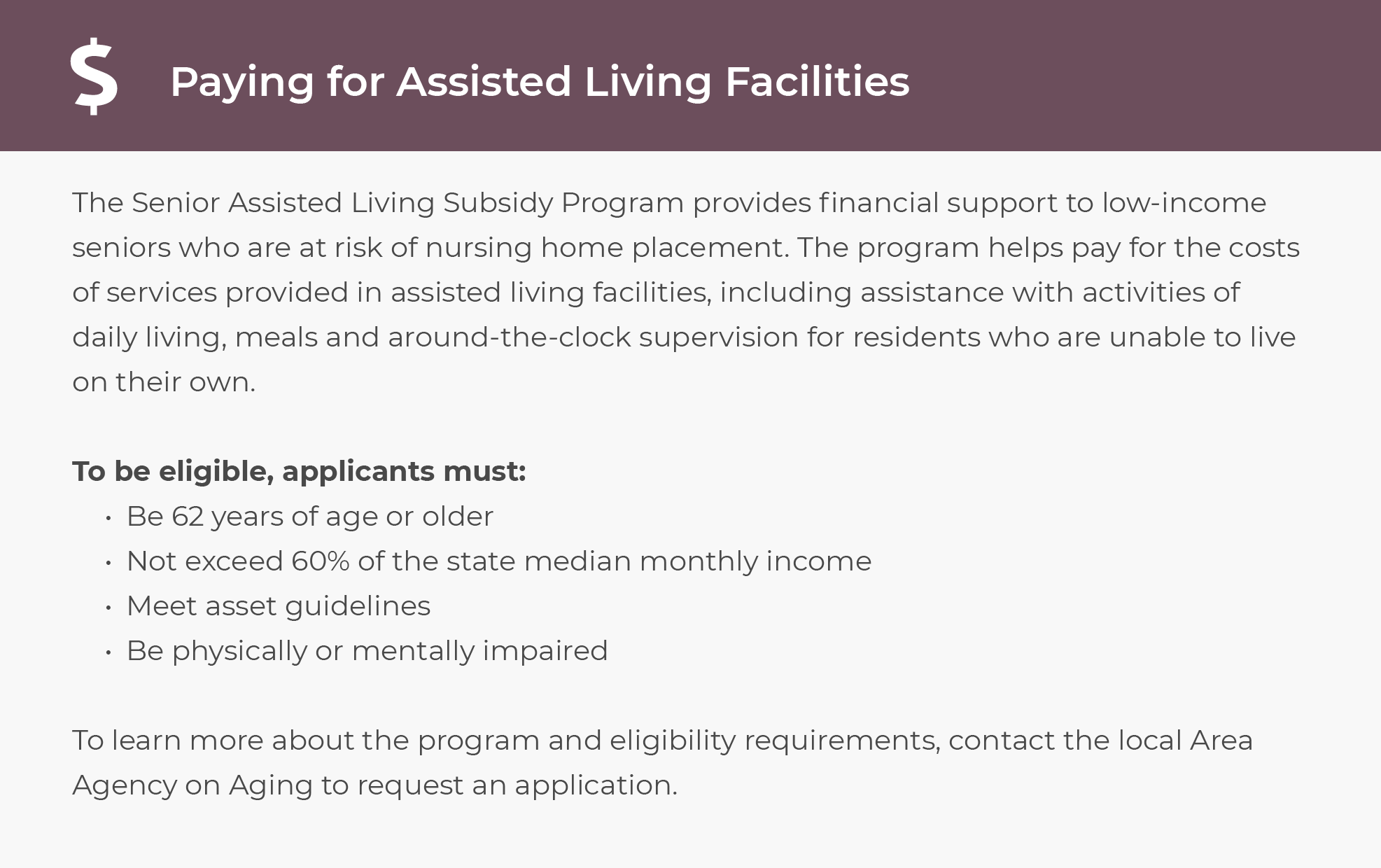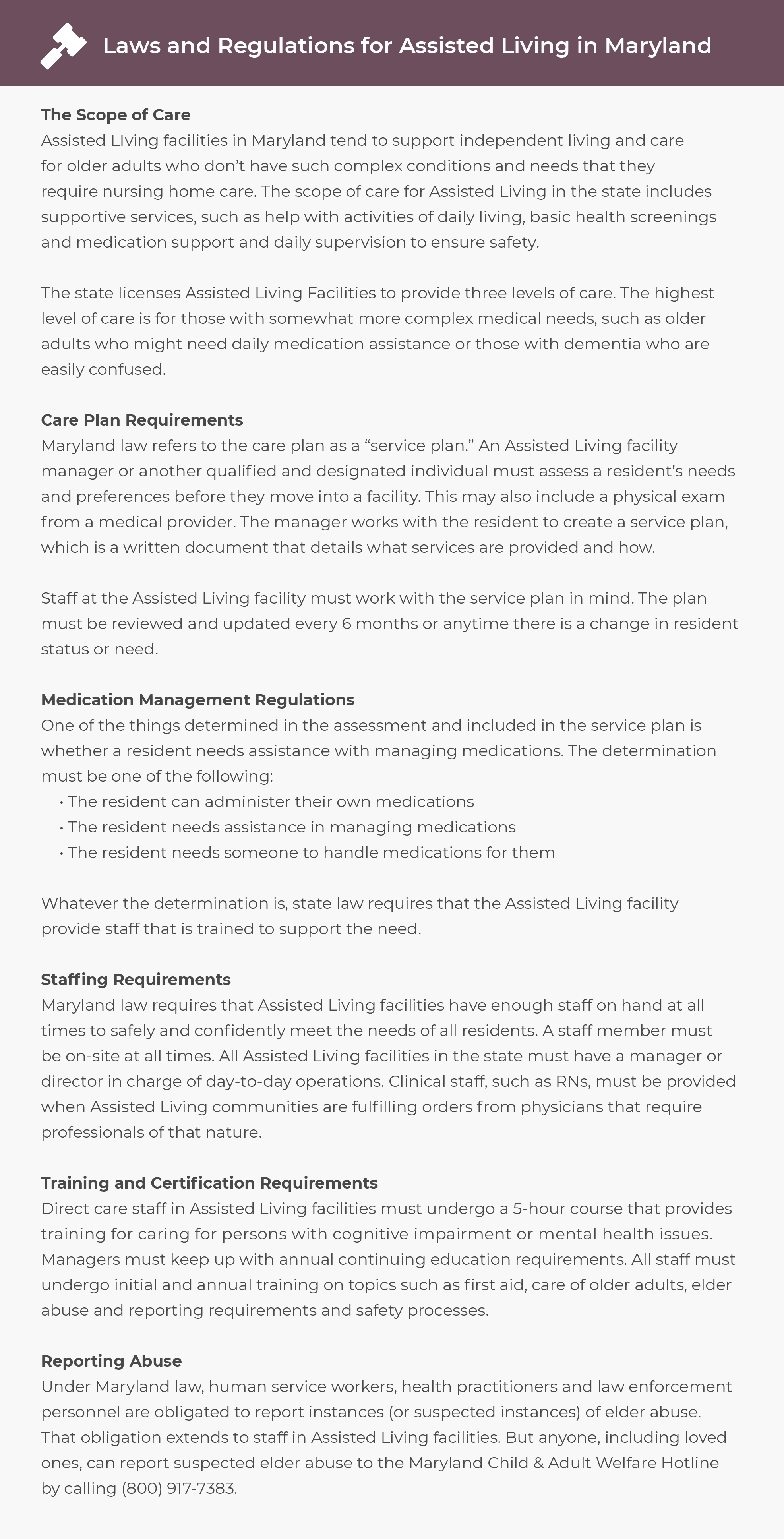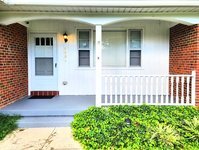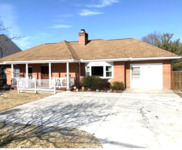Gaithersburg is in the central part of Montgomery County, Maryland, a short distance outside of the nation’s capital. Montgomery County’s senior-friendliness has earned it a spot in the AARP Age-Friendly Network. For its part, Gaithersburg has several thousand businesses, giving plentiful opportunities for seniors to shop and eat out. The region around Gaithersburg boasts multiple hospitals, headlined by the Holy Cross Germantown Hospital and the Adventist HealthCare Shady Grove Medical Center. There is also a Holy Cross facility focused on primary care in Gaithersburg proper. Gaithersburg has just under 70,000 residents, and 12.7% of them are seniors 65 years of age or above.
For some of those seniors, assisted living may be a good choice. Assisted living facilities accommodate older adults who require help with day-to-day tasks but are otherwise relatively independent. (Nursing homes, by comparison, cater to seniors who are less capable and need frequent medical care.) On average, assisted living in Gaithersburg costs $5,948 per month, which is $1,048 higher than Maryland’s statewide median rate.
This guide gives an overview of how Gaithersburg’s assisted living costs compare to rates found in other areas. A list of several of Gaithersburg’s senior-focused resources is also in the guide.
Hundreds of thousands of American seniors utilize assisted living, a figure that is only growing. For these seniors, assisted living combines residential housing,assistance in daily activities, and some healthcare. These communities also strive to provide an atmosphere that is comfortable and engaging for their residents… Read More >
COVID-19 restrictions and rules for Assisted Living Facilities are typically set by the state – to see the rules in your state, you can read our guide to Assisted Living in Maryland. Keep in mind that communities may put other policies in place to protect their residents, so you should contact your local community for more information. Additionally, you can contact your local Area Agency on Aging to learn more – find contact information here.
In Gaithersburg, the average assisted living resident pays $5,948 monthly.
Gaithersburg’s assisted living costs are higher than the Maryland-wide and nationwide averages, which are $4,900 and $4,500, respectively.
Overall, assisted living rates across Maryland tend to be lower than those in Gaithersburg. On average, Gaithersburg’s assisted living providers charge $700 more per month than their counterparts in Cumberland, where the median cost is $5,248. In Hagerstown, the average senior pays $4,630, while in Baltimore, the corresponding rate is $4,750. Salisbury’s typical rate is $4,980. In Morgantown, West Virginia, the cost is $5,700 per month. In Dover, Delaware, the average cost is $6,073, or $125 more than in Gaithersburg. However, Winchester, Virginia, offers a lower rate of $5,015.
Note: Data for Gaithersburg was unavailable, so data for the nearest city, Washington, D.C., was used instead.

Since many seniors cannot afford to pay for assisted living out-of-pocket, it’s important to find alternative methods to help make assisted living more affordable. Some of these options include:
For more information about your options for making assisted living more affordable, visit our guide to Assisted Living in Maryland.
| Resource | Contact | Service |
| Montgomery County Department of Health and Human Services | (240) 777-3000 | Many senior programs are housed within the Montgomery County DHHS, with focuses ranging from long-term care assistance to case management. A good starting point is the Aging and Disability Resource Unit, which connects seniors with information and referrals and provides assistance with benefits applications. |
| Jewish Council for the Aging of Greater Washington | (240) 290-331 | Along with running a general information line, the JCA operates Connect-A-Ride. Through CAR, seniors can learn about different transportation options and their eligibility requirements. JCA also oversees an escorted transportation program and offers assistance with navigating Medicare choices. |
| Benjamin Gaither Center | (301) 258-6380 | Through the Benjamin Gaither Center, seniors 55 years of age and up can take part in exercise classes and attend events. Regular outings also take place for the center’s members. The center offers a wellness program, too, which provides access to attention from a nurse, plus podiatry and other services. |
| Maryland Department of Veterans Affairs | (301) 987-8412 | The Maryland Department of Veterans Affairs’ service officers can help older military veterans with applications for various federal and state benefits, including disability compensation and pensions. The department aids veterans’ dependents as well. There are service officers throughout Maryland, including one based in Gaithersburg. |
| Long Term Care Ombudsman Program | (240) 777-3369 | Maryland’s LTC Ombudsman Program has employees and volunteers who work with seniors in assisted living facilities and nursing homes. The program’s representatives educate seniors and their family members on residents’ rights, and they provide consultations regarding quality-of-life improvements. Through advocacy, they also work to resolve residents’ concerns. |
| Maryland Legal Aid | (240) 314-0373 | Maryland Legal Aid helps financially eligible clients plan long-term care arrangements. The organization also has experience with matters related to Medicaid, Medicare and health care, and it can help clients facing elder abuse. Social Security benefits are another area of focus. |
| Senior Connections | (301) 962-0820 | Senior Connections works with adults 60 years of age and older. Its Senior Rides program offers a way for riders to reach appointments, run errands and attend religious services. Rides are free but are limited to certain destinations within Montgomery County. |
Assisted Living Facilities in the Gaithersburg area are required to follow a set of rules and regulations that are determined at the state level. For an overview of those rules and regulations, see the information below. For more specific information, talk with your local community or Area Agency on Aging.




























